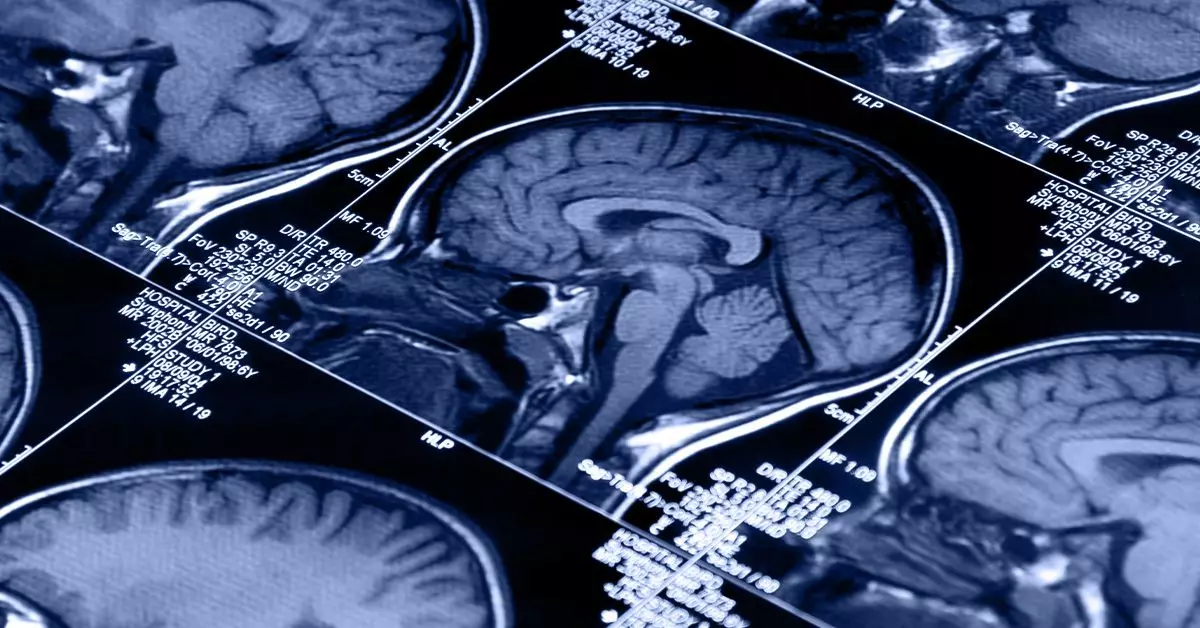The term “Temporal Lobe Attention Deficit Disorder” (ADD) is not rooted in clinical reality. While some practitioners and clinics promote it as a subtype of attention deficit hyperactivity disorder (ADHD), the scientific consensus does not support its legitimacy. Proponents argue that this condition stems from dysfunctions in the temporal lobe, the brain region responsible for processing emotions, sounds, and memories. They claim that individuals with temporal lobe ADD face specific challenges related to learning, memory retention, and emotional regulation. However, these issues are already well-known facets of ADHD itself, revealing a lack of distinction between the proposed “condition” and established ADHD symptoms.
The unrecognized status of temporal lobe ADD calls into question the motives behind its promotion. Clinics touting this diagnosis may focus on financial incentives rather than the genuine need for care. No systematic studies validate the existence of temporal lobe ADD; instead, existing research highlights a broad spectrum of ADHD symptoms, with slight variations based on subtypes like inattentive or hyperactive-impulsive ADHD. To categorize another subtype without substantial evidence invites scrutiny, especially when ADHD already encompasses a comprehensive set of challenges.
Identifying the Symptoms
Those who push the narrative of temporal lobe ADD cite various symptoms such as memory deficits, learning challenges, and emotional instability. Yet these traits are not unique; they are intrinsic to ADHD. Patients often report issues with focus and attention, which overlap significantly with the symptoms associated with temporal lobe ADD. Furthermore, conditions like anxiety, depression, and learning disabilities frequently coexist with ADHD, complicating the clinical picture.
The mischaracterization of ADHD symptoms as the basis for a completely new diagnosis could detract from the proper identification and treatment of ADHD itself. For instance, misunderstanding normal emotional sensitivities as a distinct condition may hinder patients from receiving accurate diagnoses or effective treatment options. Rather than seeking a new label, both clinicians and patients should recognize that the emotional and cognitive hurdles faced within ADHD can often be addressed through established treatment protocols.
The Role of Research and Evidence
Though there is an ongoing interest in understanding ADHD and its effects on various brain regions, including the temporal lobe, the notion of a separate temporal lobe ADD is premature. A limited 2020 study illustrates generalized changes in the temporal lobe among some children with ADHD, but it does not establish a framework for a distinct disorder. The study’s small sample size—and the absence of follow-up research—further underscores the need for caution.
The lack of empirical studies dedicated to temporal lobe ADD emphasizes the necessity for more comprehensive investigations into how ADHD manifests in different individuals. Without scientific backing, any claims about the unique symptoms or treatment approaches for temporal lobe ADD remain speculative at best. Patients are urged to scrutinize the sources of these claims and consider the broader context of ADHD research that continues to evolve.
Critique of Proposed Treatments
In the realm of treatment, proponents of temporal lobe ADD often suggest a mix of dietary changes, behavioral therapies, and herbal supplements. However, framing these strategies as targeted therapies for a non-validated condition is both misleading and irresponsible. Dietary modifications and behavioral interventions can benefit individuals with ADHD, but labeling them as cures for a phantom disorder diminishes the focus on evidence-based practices.
The integrity of ADHD treatment should prioritize medically reviewed approaches rather than unproven remedies. The use of herbal supplements, in particular, poses risks, particularly for children already undergoing other treatments. Before pursuing any alternative treatment strategies, individuals need to consult qualified mental health professionals who understand the complex nuances of ADHD.
Why Vigilance is Crucial
When confronted with the concept of temporal lobe ADD, it’s crucial to approach it with skepticism. Stakeholders within the mental health community must remain vigilant against the proliferation of such unrecognized conditions. Patients deserve accurate information and effective treatment options designed around validated medical standards.
Individuals who experience symptoms suggestive of ADHD should seek evaluation from licensed healthcare professionals rather than pursuing dubious diagnoses. Additionally, those displaying severe emotional distress—such as prominent signs of depression or anxiety—should prioritize seeking immediate assistance from qualified specialists. Promoting awareness and advocacy for realistic conditions can lead to better outcomes for individuals struggling with ADHD and related symptoms, ensuring they receive the precise support they need.

